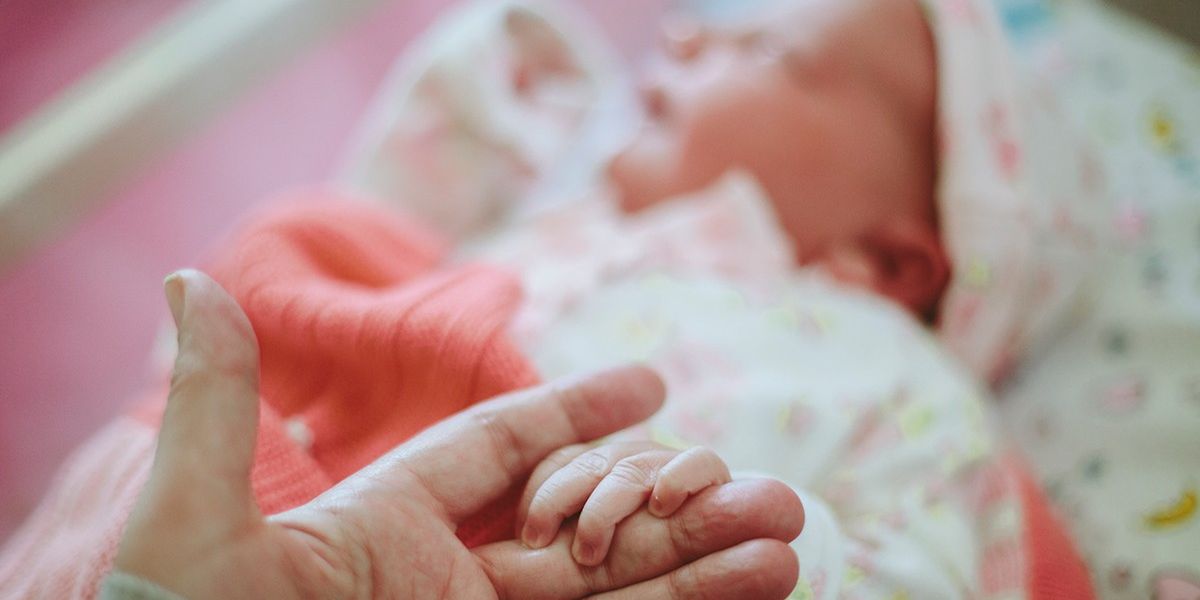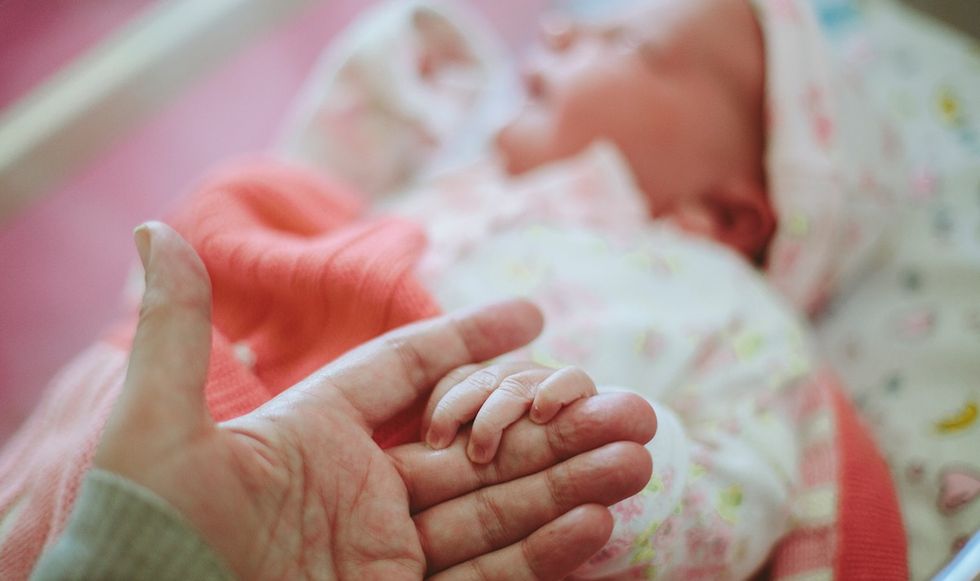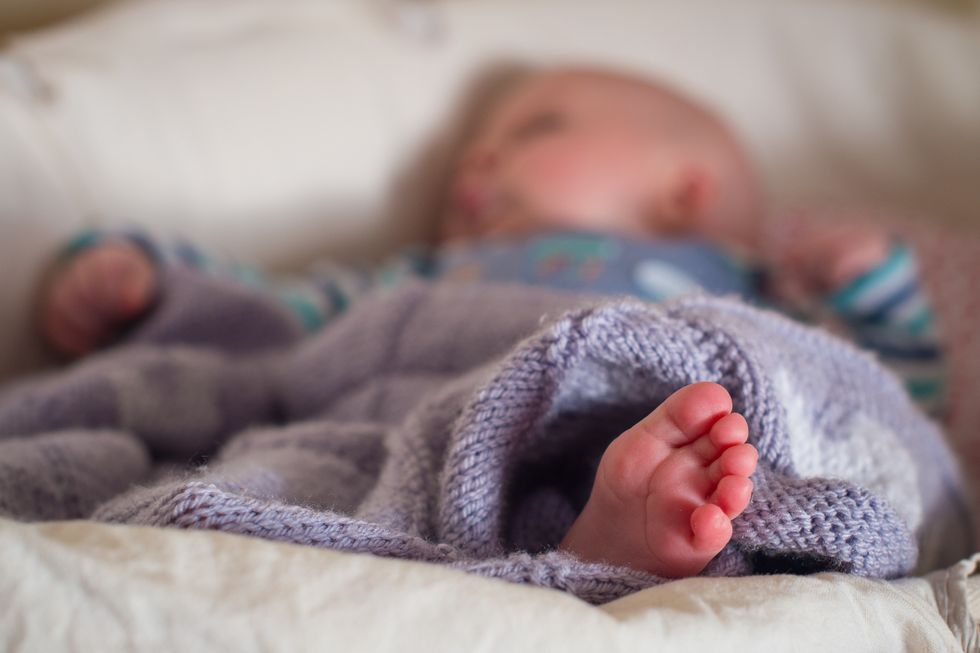



A groundbreaking medical achievement has seen eight babies born in the UK through an innovative three-person IVF technique designed to prevent devastating mitochondrial disease.
The world-first data reveals that four boys and four girls, including one set of identical twins, have been successfully delivered by a pioneering team in Newcastle.
All the children are healthy and meeting developmental milestones, according to the team from Newcastle upon Tyne Hospitals NHS Foundation Trust, Newcastle University and Newcastle Fertility Centre. Their ages range from under six months to over two-years-old.
One additional woman is currently pregnant through the same treatment programme.
None of the eight children shows signs of mitochondrial DNA disease, which typically affects approximately one in 5,000 births.
The children undergo regular assessments at 18 months, examining gross motor skills, fine motor skills, cognitive and social development and language abilities to ensure they're reaching appropriate milestones.
The scientists confirmed that whilst disease-causing mitochondrial DNA mutations were detected in three of the children, these are either undetectable or present at levels extremely unlikely to cause disease.
This health breakthrough offers new hope to families at risk of passing on mitochondrial diseases, which can be fatal and cause severe damage to vital organs, including the brain, heart, liver, and kidneys.
 GETTY IMAGES |
GETTY IMAGES |
An IVF breakthrough has seen eight babies born from three people's DNA
The mitochondrial donation treatment, known scientifically as pronuclear transfer (PNT), involves three people: the affected mother, sperm from her partner, and an egg from a donor free from disease.
The procedure works by transplanting the nuclear genome from the mother's fertilised egg into a donor egg that has had its nuclear genome removed.
This technique ensures the baby inherits its parents' nuclear DNA, which determines characteristics like hair colour and height, whilst the mitochondrial DNA comes primarily from the healthy donor egg.
The process effectively replaces faulty mitochondrial DNA that would otherwise be passed from mother to child, preventing the transmission of these severe genetic conditions.

GETTY IMAGES
|This advancement offers new hope to families at risk of passing on mitochondrial diseases
The mother of a baby girl born through mitochondrial donation said: "As parents, all we ever wanted was to give our child a healthy start in life. Mitochondrial donation IVF made that possible.
"After years of uncertainty, this treatment gave us hope, and then it gave us our baby.
"We look at them now, full of life and possibility, and we're overwhelmed with gratitude. Science gave us a chance."
Another mother, whose baby boy was born through the treatment, added: "We are now proud parents to a healthy baby, a true mitochondrial replacement success. This breakthrough has lifted the heavy cloud of fear that once loomed over us.
"Thanks to this incredible advancement and the support we received, our little family is complete.
"The emotional burden of mitochondrial disease has been lifted, and in its place is hope, joy, and deep gratitude."
Following Parliament's decision to change the law in 2015, the Newcastle clinic became the first and only national centre licensed to perform mitochondrial donation treatment in 2017.
The Human Fertilisation and Embryology Authority (HFEA) approves cases individually, with the first treatments approved in 2018.
Professor Sir Doug Turnbull from Newcastle University said: "Mitochondrial disease can have a devastating impact on families.
"The news offers fresh hope to many more women at risk of passing on this condition who now have the chance to have children growing up without this terrible disease."
The findings, published in the New England Journal of Medicine, represent years of painstaking scientific development. The research team will continue monitoring the children, with further assessments planned when they reach five years old.
